As any property expert will tell you, investing in rental housing is a long-term commitment and there is more to being a landlord than just filling a house with tenants, collecting the rent and laughing all the way to the bank.
Finding the right house, performing a building inspection and securing finance are just the first steps. To succeed in the long term, you will need to take a lot more than just the property itself into consideration.
Tip 1: Going at it alone
While you can manage your own properties, it’s often hard work, time-consuming and may not fit with your other commitments. If you do decide to self-manage your own rental properties, make sure that you get all the agreements in writing from the tenants.
If you decide to go ahead and manage your own rental property, living close by can be extremely advantageous as your tenants will expect you to fix any issues with the house straight away. Waking up to phone calls at 2am to deal with a tenants’ problems is not unheard of and if it’s a serious issue you don’t want to have to drive to the opposite side of town.
Finding trustworthy tradespeople for the odd tasks you can’t do yourself is important, so establishing good relationships with professional tradies early on can save you a lot of time and money down the line. They will need to be able to respond quickly when there are urgent repairs to be made as well as providing good quality work at a good price.
Tip 2: A helping hand
If you don’t have the time to spare or you are worried about your lack of experience, it can be a better idea to let a property manager take care of your rental property for you.
Not only are their fees tax deductible, but a good agent will have professional insight of how much rent to charge tenants, they will be able to handle any maintenance issues promptly and cost-effectively and also arrange regular comprehensive inspections. Experienced managers can also be very useful when it comes to assessing prospective tenants and conducting reference checks.
A good property manager will also know all of their responsibilities. This helps to alleviate any worries you might have when it comes to complying with laws and regulations.
Tip 3: Tenants, tenants everywhere
It’s best to meet your future tenants before they move in because even in the age of social media, meeting them in person is always the best way to find out more about them.
It’s important to find reliable tenants who pay their rent on time and actively take care of the property. Responsible tenants will significantly reduce the likelihood of replacing undesirable tenants which can be both time consuming and costly and will be less likely to damage the property beyond normal wear and tear.
Tip 4: Promotion, Promotion, Promotion
Once you’re ready, it’s important not to skimp on advertising the property. Make sure that your rental advertisements can be found on a variety of listings, both physical and digital. You can increase your chances of finding great, long-term tenants by making sure that the rental price is similar to other properties in your area.
Once you’ve secured good tenants, you are going to want to hold on to them. No one wants their property to stand empty for long periods of time or to be forced to take on tenants who are less than ideal.
It’s important to remember that a good relationship can go a long way to retaining tenants. It’s a good idea to keep the lines of communication open and listen to all of your tenant’s requests.
Potential tenants will expect the house and surrounding property to be well maintained, so make sure that you have a budget in place for general maintenance and repair, which brings us to our next tip…
Tip 5: Cash reserves
Conducting general maintenance is an unavoidable part of owning a rental property. Having a cash reserve in place will help you a great deal when it comes to any unexpected problems.
Having access to extra funds is important for two reasons:
- To cover any costs relating to maintaining the property
- To cover the cost of the mortgage should you lose your employment or rental income
A decent reserve buffer makes sure that you are not stretched to your financial limits.
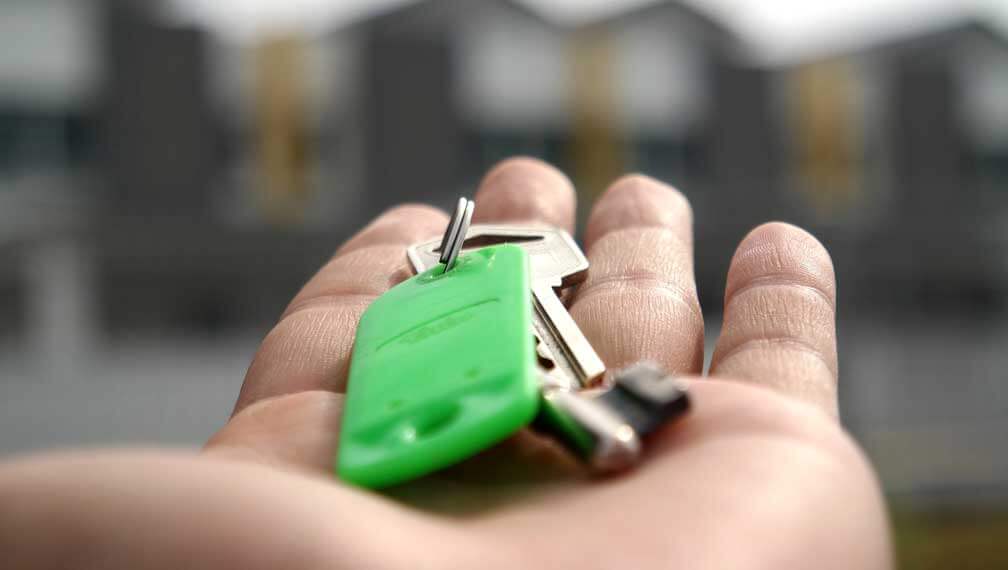
Tip 6: Tax benefits
There are a number of tax rules which specifically apply to investment properties that you will need to follow in order to claim income and expenses properly. At the very least, you will need to know what you can claim and what documents you will be asked to provide when claiming.
The ATO’s website is a great place start, although, your accountant or tax agent will be better suited to give you advice.
Tip 7: Know your legal obligations
It’s important to understand the rules and responsibilities which apply to tenants as well as landlords.
The most common disputes between tenant and landlords range from bonds, increases to rent, repairs and maintenance and end agreements. If a conflict cannot be resolved between the tenant and the manager or landlord, the issue will go to your state’s civil and administrative tribunal.
Tip 8: It’s best to be covered
It’s a good idea to take out a landlord insurance policy. This will protect your property and its contents. Landlord insurance often cover financial loss incurred from a variety of situations, including water damage, the sudden death of a tenant, tenants who can’t pay rent due to financial hardship and even tenants who just up and leave. As it stands, landlord insurance is tax deductible, so you have every incentive to get coverage.
Insurance policies can get pretty complicated. Gaps can occur in your coverage if the policy isn’t thorough enough to make sure to speak with a professional to stay on the safe side.
The final truth
Deciding to become a landlord is a big decision and like all big financial decisions, it’s best to seek out professional advice before making any commitments.
That being said, there is a reason why investment properties are Australia’s favourite form of investment: not many investments are as safe as bricks and mortar…so long as it has been inspected properly first, of course.

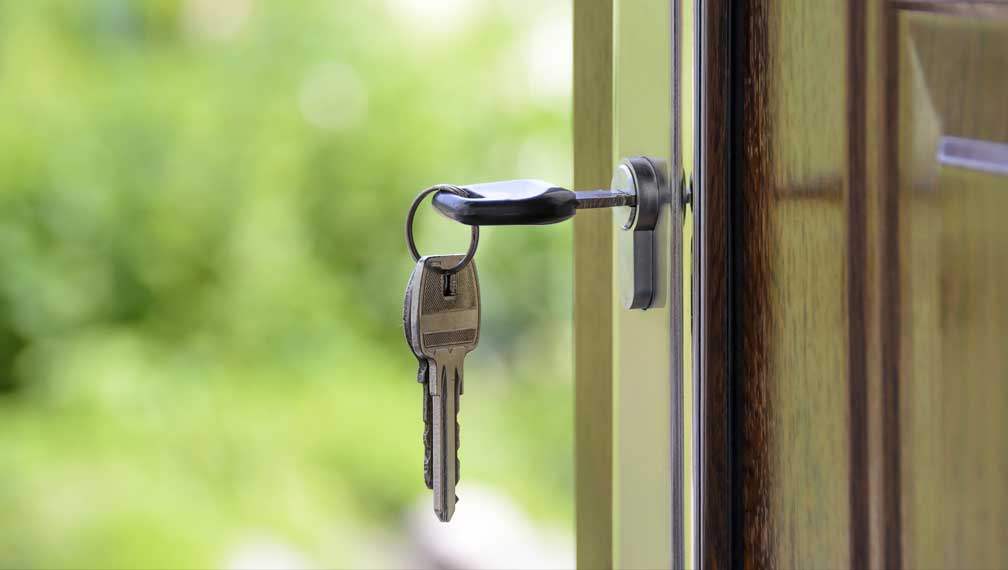
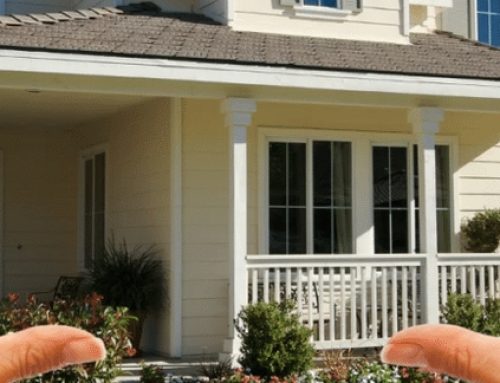
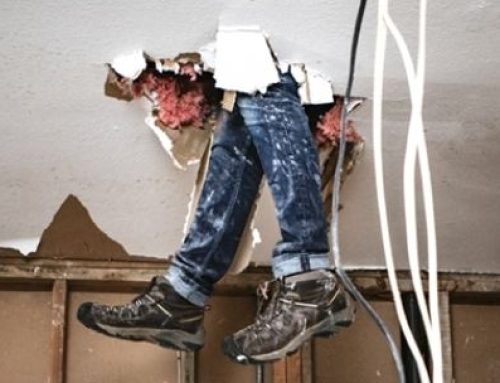
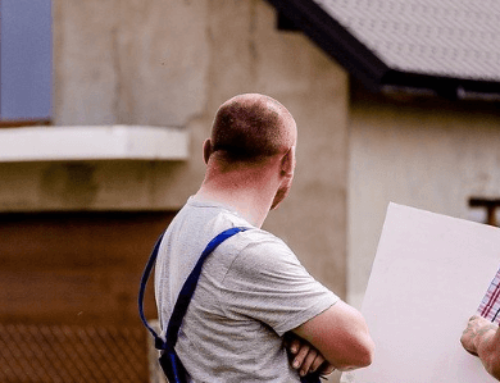

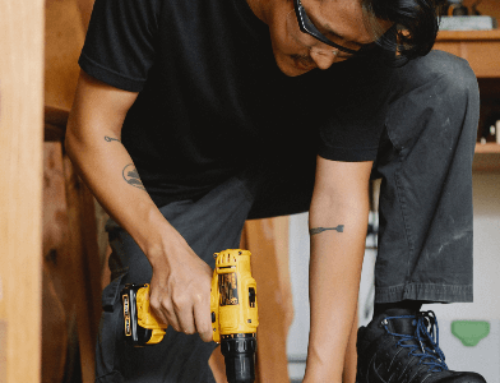
Leave A Comment